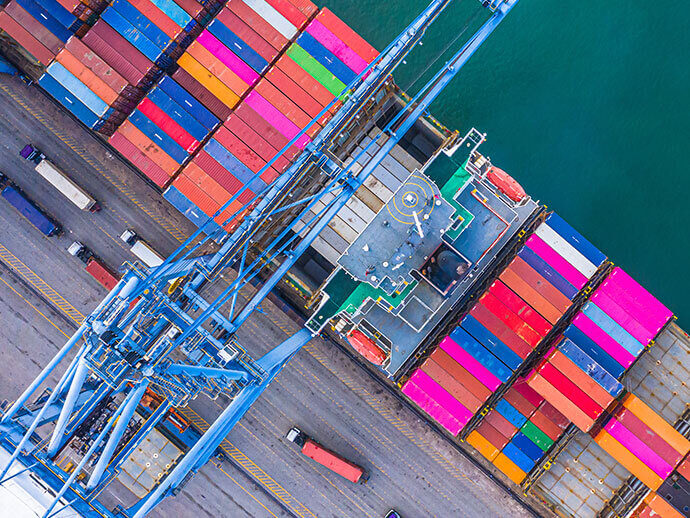
Three Big Tariff Announcements and Another Key Date Approaching for Importers
With the Trump administration’s August 1 deadline for imposing country-specific reciprocal tariff rates fast approaching, there have been several significant tariff deal announcements this week, including agreements with Japan, Indonesia, and the Philippines.
Japan
On Tuesday evening, President Trump announced the administration reached a “massive [trade] Deal" with Japan. According to a social media post, Japan has agreed to invest $550 billion in the U.S., with 90% of the profits of those deals remaining in the U.S. economy.
“Perhaps most importantly, Japan will open their Country to Trade including Cars and Trucks, Rice and certain other Agricultural Products, and other things,” President Trump said. “Japan will pay Reciprocal Tariffs to the United States of 15%.”
Indonesia
The Trump Administration also co-released a fact sheet regarding a reciprocal trade deal reached with Indonesia. The agreement promises to “strengthen our bilateral economic relationship, which will provide both countries’ exporters unprecedented access to each other’s markets.” The agreement builds on the U.S.-Indonesia Trade and Investment Framework Agreement, signed on July 16, 1996.
Details include, "Indonesia will eliminate approximately 99 percent of tariff barriers for a full range of U.S. industrial and U.S. food and agricultural products exported to Indonesia. The United States will reduce to 19 percent the reciprocal tariffs, as set forth in Executive Order 14257 of April 2, 2025, on originating goods of Indonesia, and may also identify certain commodities that are not naturally available or domestically produced in the United States for a further reduction in the reciprocal tariff rate."
The Philippines
After a White House visit by Philippine President Ferdinand Marcos on July 22, President Trump announced that his administration reached a trade deal with the Southeast Asian country agreeing to open its market to U.S. goods at zero tariffs. Philippine goods will incur a 19% tariff upon entry into the U.S. market.
Looming Deadline on Legality of Tariffs
Overlooked in the news, however, is that the legality of many of the tariff measure remains under question and intense judicial scrutiny. Lost in the headlines for many is the May ruling by the U.S. Court of International Trade, which has raised significant questions about the administration’s authority to unilaterally implement these tariffs without congressional approval.
The court’s May 28 decision found that the tariffs likely exceed the scope of the president’s delegated powers under existing trade law. However, the court declined to issue an injunction, allowing the tariffs to remain in place while the matter proceeds through the appeals process. The U.S. Court of Appeals for the Federal Circuit is set to hear oral arguments on July 31, just one day before the new tariff rates are scheduled to take effect.
While the administration argues the tariffs are necessary to address persistent trade imbalances and to pressure countries into fairer bilateral deals, critics contend that the approach bypasses legislative oversight and could destabilize long-standing international trade relationships. Several legal experts and trade associations have expressed concern that the rulemaking and notification process lacks the transparency and procedural safeguards typically required under federal law.
What happens in court on July 31 could have sweeping implications not just for U.S. trade policy, but for the scope of presidential power in setting tariffs without congressional approval.
Transmodal will continue to provide tariff updates on this key trading region. Contact us if you have any questions.
